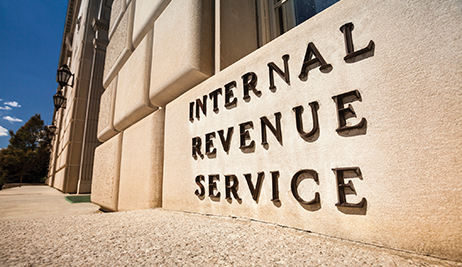The IRS reminds business owners that tax reform legislation passed in December 2017 affects nearly every business, according to www.irs.gov.
With just a few months remaining in 2018, the IRS is highlighting important information for small businesses and self-employed individuals to help them understand and meet their tax obligations.
There are several changes that could affect the bottom line of many small businesses:
- Qualified business income deduction: Many owners of sole proprietorships, partnerships, trusts and S corporations may deduct 20 percent of their qualified business income. The new deduction—referred to as the Section 199A deduction or the qualified business income deduction—is available for tax years beginning after Dec. 31, 2017. Eligible taxpayers can claim it for the first time on the 2018 federal income tax return they file in 2019.
- Temporary 100 percent expensing for certain business assets: Businesses are now able to write off most depreciable business assets in the year the business places them in service. The 100 percent depreciation deduction generally applies to depreciable business assets with a recovery period of 20 years or less and certain other property. Machinery, equipment, computers, appliances and furniture generally qualify.
- Fringe benefits: The new legislation affects the deductions regarding entertainment and meals; qualified transportation; bicycle commuting reimbursements; qualified moving expenses reimbursements; and employee achievement awards.
- Estimated taxes: Individuals, including sole proprietors, partners and S corporation shareholders, may need to pay quarterly installments of estimated tax unless they owe less than $1,000 when they file their tax return or had no tax liability in the previous year (subject to certain conditions).





